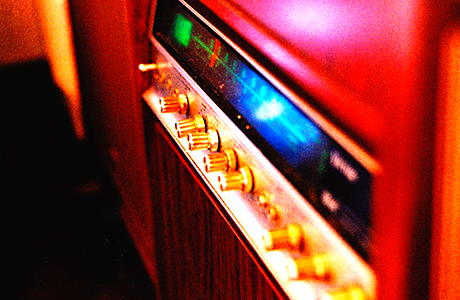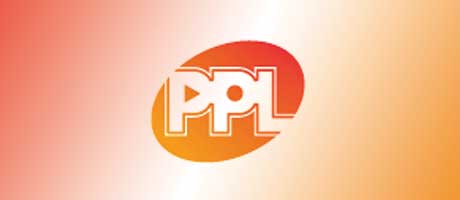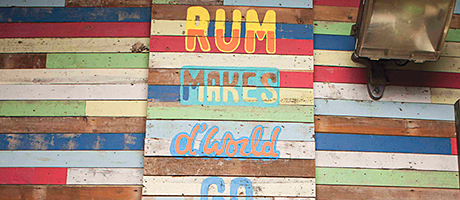Myriad music options brings increased legal complexity, writes James Luck of Soundjack

THE options to deliver entertainment today are not only widespread, they have become that much easier. All you have to do is pick your Spotify or iTunes playlist, press shuffle and away you go.
No more need to purchase the latest CD collections, hire live bands or go to the expense of having a jukebox installed. Or so it would seem.
The stark truth, however, is that this supposedly simple ‘plug and play’ solution could land you in very hot water. It could cost you thousands of pounds in fines, damage your reputation and even end up with a prison term imposed.
If you wish to play music, you need to have the correct licence. Depending on whether you use Spotify or iTunes, the radio, TV, a jukebox, CDs or a live band there will be some form of licence required.
And it doesn’t end there. The legalities and level of licence will be determined by the source of music, type of venue, size of venue and the number of people.
There are two types of licence: PPL and PRS for Music; and the likelihood is you’ll require both. There have been high profile cases in recent years where pub and club owners have fallen foul.
PPL collects and distributes money on behalf of record companies and performers while PRS for Music represents songwriters, composers and music publishers. So it’s easy to see why both licences are more than likely needed.
Still unsure as to whether or not you need to be covered? Here’s the easiest way to answer that question: if you play any form of ‘original’ music in your venue, then the answer is probably yes.
The good news is that, with Soundjack, you are free to play tailored playlists with peace of mind; we ensure the licence that most venues miss – the copying licence – is covered in our charges.
The statistics on the benefits of a legally compliant music system speak for themselves – 93% of pubs and bars believe playing the correct music creates a better atmosphere for customers; music in pubs and bars is said to increase sales by an average of 44%; and 91% of managers and business owners either ‘agreed’ or ‘agreed strongly’ that playing music makes customers and staff happier.
So, while the process may seem complex and is indeed a legal maze, it need not be.
My advice is if you are unsure whether or not you need to be licensed you should speak to a reputable and knowledgeable supplier to review your options.
• James Luck is the commercial director at Soundjack.























